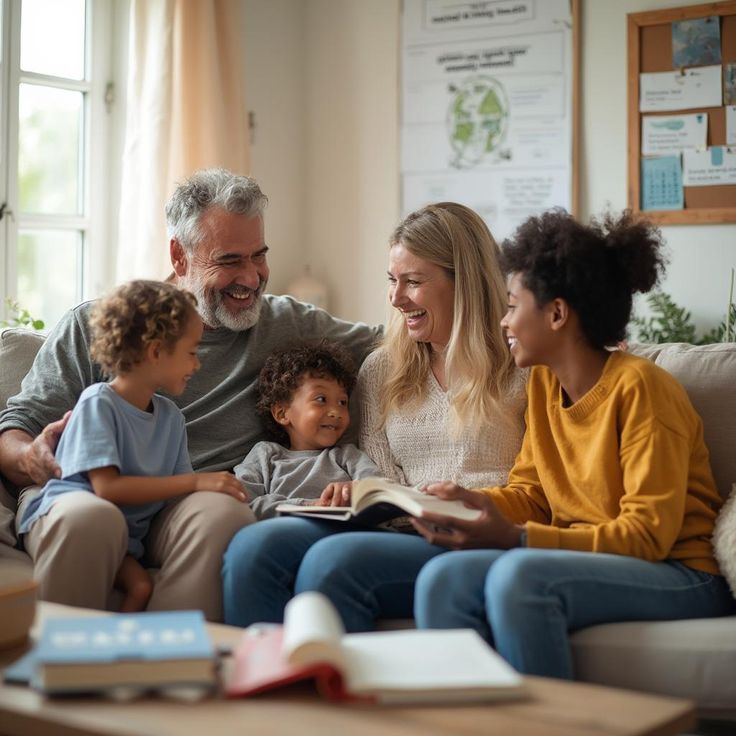
Intergenerational Programs For Longevity, Picture this: Picture a neighborhood park where a young person is assisting an elderly person, both of them laughing over a game of chess. Despite the short duration, the positive outcomes for both individuals unfold in unexpected ways. While the elderly person discovers meaning, connection, and well-being, that teen’s brain is developing crucial social and emotional skills. But here’s the kicker, those simple experiences can contribute to good aging and a long lifetime.
Intergenerational programs where younger and older generations come together have been garnering more attention lately, and for good reason. Studies behind these projects show that, especially with respect to longevity and aging healthily, bridging the generational gap can offer considerable benefits for both sides.
Having spent years studying the science of aging as a biologist passionate about anti-aging, I can state that living a long, vibrant life is not only about your diet or degree of activity. It’s also about how connected you feel to those around you regardless of their age.
Let’s dive into the fascinating world of intergenerational relationships and explore how these connections could be absolutely vital for achieving healthy aging. But don’t worry; this won’t be your typical academic article. I’ll make it fun, fascinating, and packed with scientifically backed tips for good aging that everyone can incorporate into their daily life.
Humans are made for connection. Real science backs this up; it’s not just a light, feel-good comment. Studies show again and again that people with strong social ties live longer and experience less stress. In fact, research has indicated that loneliness might really shorten your life. Feeling alone seems to activate the body’s stress response all the time.
When younger and older generations engage in meaningful conversations, it’s as though both sides are experiencing a natural rise to their well-being. While elders could benefit from the excitement, new ideas, and camaraderie that young people offer, young people can acquire expertise and perspectives from older ones.
Useful Tips: Next time you go to a community event or volunteer, stop to talk with someone from another generation. A straightforward conversation might benefit health as well as emotions outside the present.
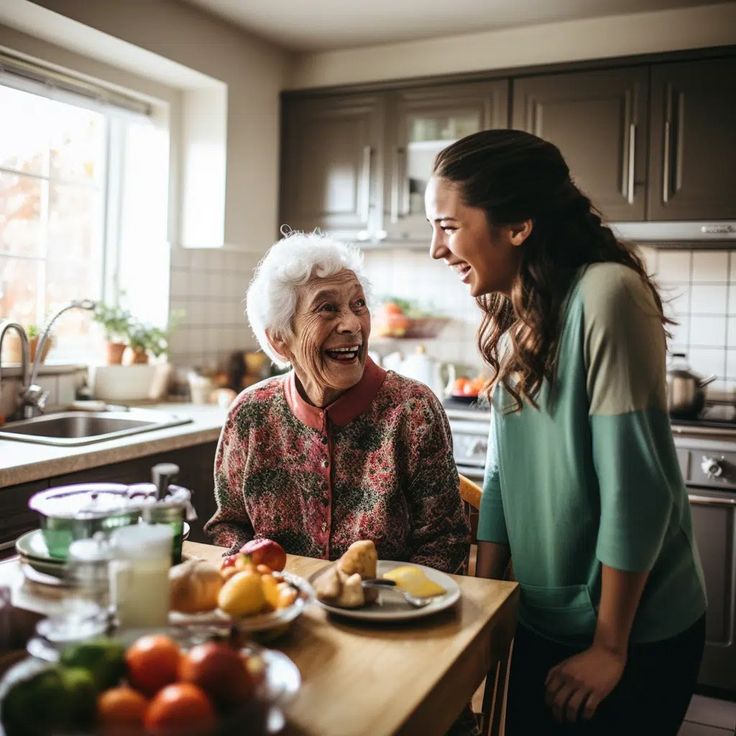

Cognitive decline is one of our greatest concerns as we age. Though they need not be, general memory loss, dementia, and Alzheimer’s disease frequently feel unavoidable.
Research has demonstrated that social interactions, education, and participation in social events all contribute to maintaining cognitive function by stimulating brain activity.
Intergenerational programs are among the greatest settings for this sort of brain stimulation. When older and younger individuals gather to share stories, engage in games, or simply impart new knowledge, it provides a cognitive workout for both groups.
For the elderly, these activities challenge the brain to generate and maintain new neural links. These meetings expose younger people to different cognitive patterns and ways of thinking, therefore fostering mental flexibility.
Engage in activities that challenge your mind as well as your body. Whether that involves teaching a younger person a craft or learning something at an older age, the brain flourishes on novelty and learning new skills.
Intergenerational Programs For Longevity, The strength of human relationships is not only emotional but also physiological. Socializing in a positive, supportive environment has been shown to reduce cortisol levels (the stress hormone) and boost the immune system.
Chronic stress weakens the body’s defenses, hence making us more prone to illness. The good news is that pleasant social interactions counteract this tendency.
Working together in intergenerational projects, younger and older generations create an environment of mutual support.
This process reduces stress for both groups and strengthens immune system function. Moreover, these connections foster a sense of purpose and belonging, which helps to reduce stress and enhance overall health even more.
Practical Advice: Search for events that help you reduce stress by emphasizing intergenerational interaction. Whether at a family reunion or a community center, interacting with someone of a different age group can reduce stress and promote your health.
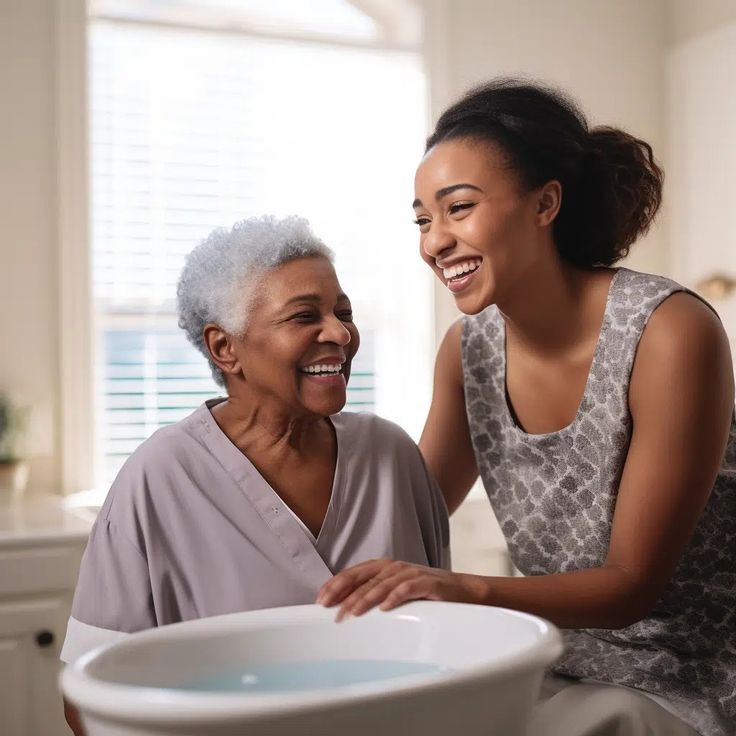
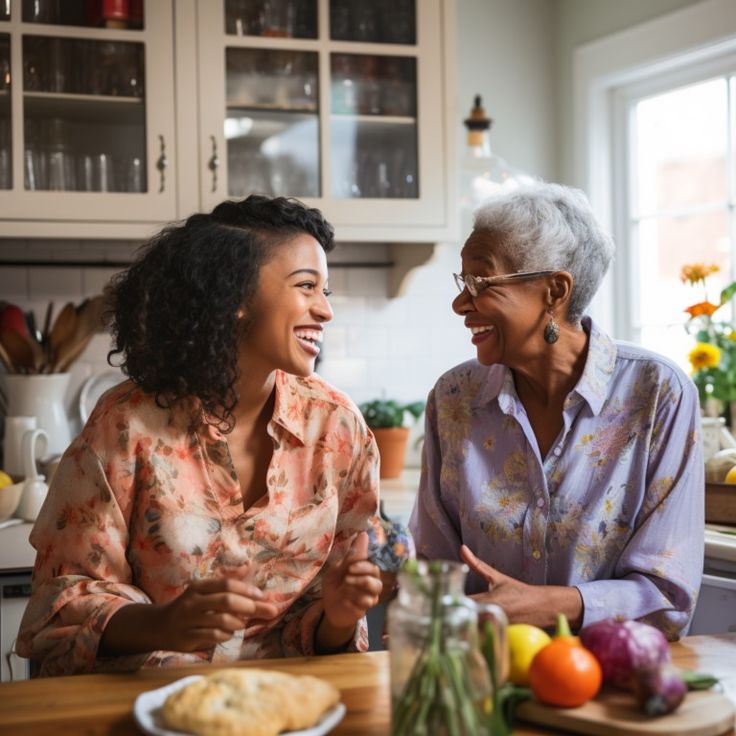
Not only physical but also mental and emotional health is among the most important factors of longevity. Staying happy and healthy as we age depends on feeling wanted, valuable, and socially engaged.
Research shows that seniors who participate in intergenerational projects report more self-worth and life contentment.
By mentoring or teaching younger generations, older people often find a renewed sense of purpose and success. Furthermore, let’s be honest: a strong feeling of purpose has been linked to longer life.
Younger people in these projects have opportunities to develop empathy, patience, and the understanding that aging is a natural process deserving of respect and care.
Interacting with seniors in this way typically produces increased social awareness and emotional intelligence.
Useful Tips: Reach out to a senior in your life to see how you two may spend time together. Whether you join a volunteer program or just stop by, the emotional benefits for both of you will be significant.
Intergenerational Programs For Longevity, Aging is about maintaining mobility, flexibility, and strength; it’s not merely about lifting weights or running marathons. Many intergenerational projects feature physical activities such as walking, dancing, or gardening, all of which promote physical health maintenance.
Whether it’s a basketball game or just going for a walk, moving together promotes intergenerational connections and keeps the body in good operational condition. Being active helps seniors combat the loss of muscular mass and bone density that accompanies aging. For younger people, these activities build patterns they can carry with them all through their lives.
Useful Tips: Join intergenerational activities motivating activity! For a younger individual, picking up a new hobby or a monthly walk with a grandparent can offer significant benefits for your physical health as well as your relationships.
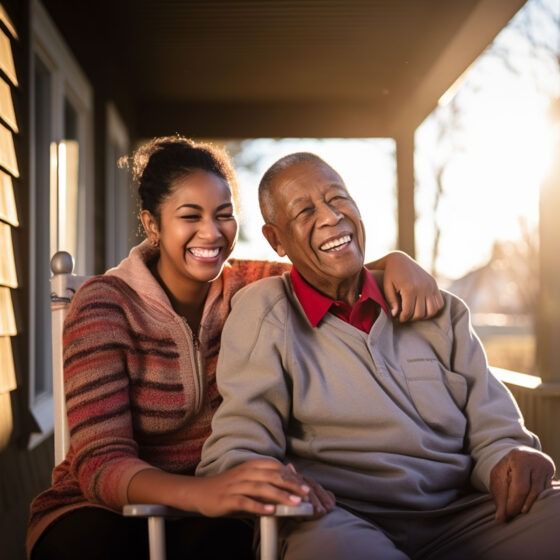
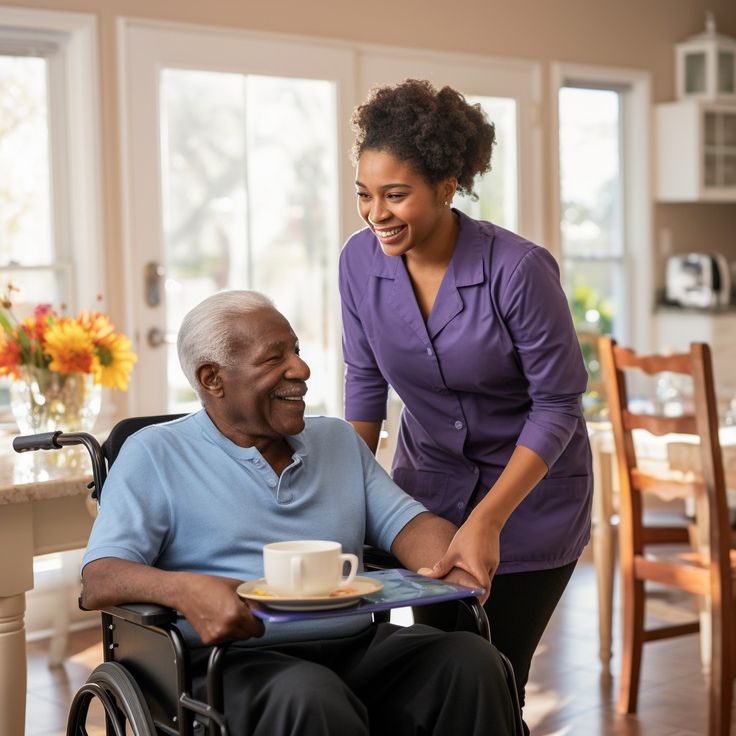
Intergenerational Programs For Longevity, Apart from the personal benefits, intergenerational projects also influence society more generally. These projects eliminate age-related and youth-related stereotypes. Through mutual respect and understanding, they contribute to building a more unified, supportive society. When younger and older generations interact, they not only educate one another but also foster a culture of inclusiveness and support that benefits everybody.
Promoting environments where people of all ages can thrive depends on increasing interconnection across communities motivated by these projects.
Useful Suggestions: Assist or launch your own intergenerational project! Start by visiting neighborhood schools or community centers to learn how you may engage with different generations and contribute to building a stronger, healthier society.
In the end, intergenerational programs are about coming together to create a shared future, not merely about teaching or learning.
Building more engaged and healthier communities by cooperating across generations also enables us to age better.
Whether through the cognitive benefits of knowledge, the stress-reducing power of connection, or the emotional rewards of feeling appreciated, intergenerational relationships offer a special opportunity for all of us to age well.
So, the next time you find yourself engaging with someone of a different age whether it’s a simple conversation or a more meaningful mentorship remember: You could be adding years to both your life and theirs.
